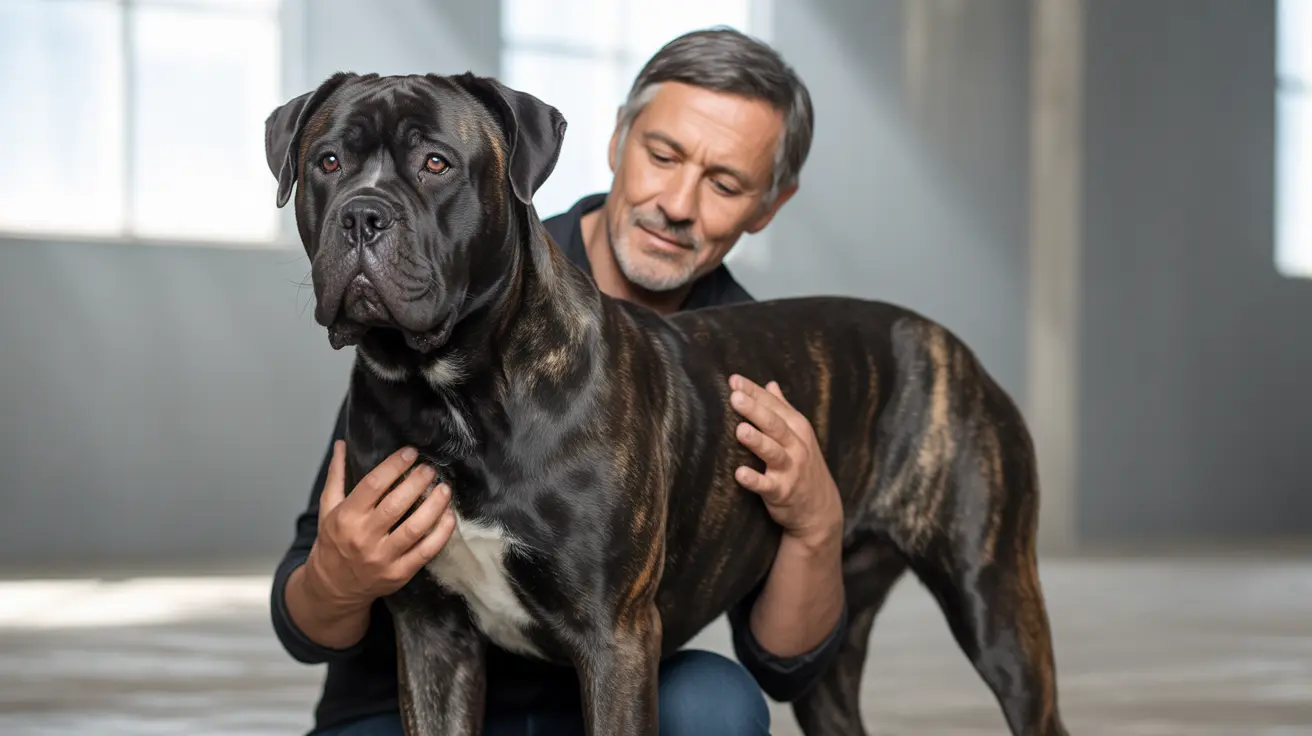If you're in the market for a new puppy, you've likely encountered the term "backyard breeder." Understanding what a backyard breeder is can help you make an informed decision and avoid supporting unethical breeding practices that harm dogs and contribute to pet overpopulation.
In this comprehensive guide, we'll explore the characteristics of backyard breeders, why they pose risks to animal welfare, and how to identify and avoid them when searching for your next furry family member.
What Defines a Backyard Breeder?
A backyard breeder is typically an amateur dog breeder who produces puppies without proper knowledge, facilities, or concern for breed standards and animal welfare. These individuals often operate from their homes or yards, hence the name, and frequently prioritize profit over the health and well-being of their dogs.
Unlike reputable breeders, backyard breeders usually lack formal training, don't perform necessary health testing, and may breed dogs without consideration for genetic issues or temperament.
Key Warning Signs of a Backyard Breeder
Inadequate Facilities and Care
Backyard breeders often maintain substandard living conditions for their dogs. They may keep animals in cramped spaces, unclean environments, or exposed to extreme weather conditions. Regular veterinary care, proper nutrition, and essential health screenings are frequently overlooked.
Multiple Breeds and Constant Availability
A major red flag is when a breeder offers multiple dog breeds or always has puppies available. Responsible breeders typically focus on one or two breeds and only produce litters when they have waiting lists of vetted buyers.
The Impact on Dog Health and Behavior
Puppies from backyard breeders often face numerous health and behavioral challenges due to poor breeding practices. These can include:
- Genetic disorders from unscreened parents
- Increased risk of preventable diseases
- Poor socialization leading to behavioral issues
- Developmental problems from early weaning
- Higher likelihood of inherited health conditions
How to Identify a Responsible Breeder
Responsible breeders stand in stark contrast to backyard breeders. They typically:
- Perform comprehensive health testing on breeding dogs
- Maintain clean, spacious facilities
- Provide extensive documentation and health guarantees
- Screen potential buyers carefully
- Offer lifetime support for their puppies
- Participate in breed clubs and dog sports
The Cost to Communities
Backyard breeding has far-reaching consequences beyond individual puppies. These operations contribute significantly to pet overpopulation, strain animal shelter resources, and create substantial costs for communities in terms of animal control and welfare services.
Frequently Asked Questions
What exactly is a backyard breeder and how do they differ from reputable breeders?
A backyard breeder is an amateur dog breeder who operates without proper knowledge, facilities, or health testing protocols. Unlike reputable breeders, they typically don't follow breed standards, perform health screenings, or provide ongoing support to puppy buyers.
What are the common warning signs that indicate a breeder might be a backyard breeder?
Key warning signs include multiple breeds available simultaneously, constant puppy availability, reluctance to show facilities, lack of health certifications, no screening of potential buyers, and unwillingness to provide documentation or references.
How can backyard breeding negatively affect the health and behavior of puppies?
Puppies from backyard breeders often suffer from genetic health issues, preventable diseases, and behavioral problems due to poor breeding practices, inadequate healthcare, and insufficient socialization during critical developmental periods.
Why is it important to avoid backyard breeders when looking for a new puppy?
Avoiding backyard breeders helps prevent animal suffering, reduces pet overpopulation, and ensures you get a healthier puppy with proper genetic screening and early care. It also discourages unethical breeding practices.
What questions should I ask and what should I look for when choosing a responsible breeder?
Ask about health testing, breeding experience, and facility visits. Request to meet the puppy's parents, see health certifications, and review contracts. Look for breeders who ask you questions about your home and lifestyle to ensure their puppies go to suitable homes.
By understanding what a backyard breeder is and how to identify one, you can make an informed decision when adding a new dog to your family. Always choose to work with reputable breeders or consider adoption from a legitimate shelter or rescue organization.






